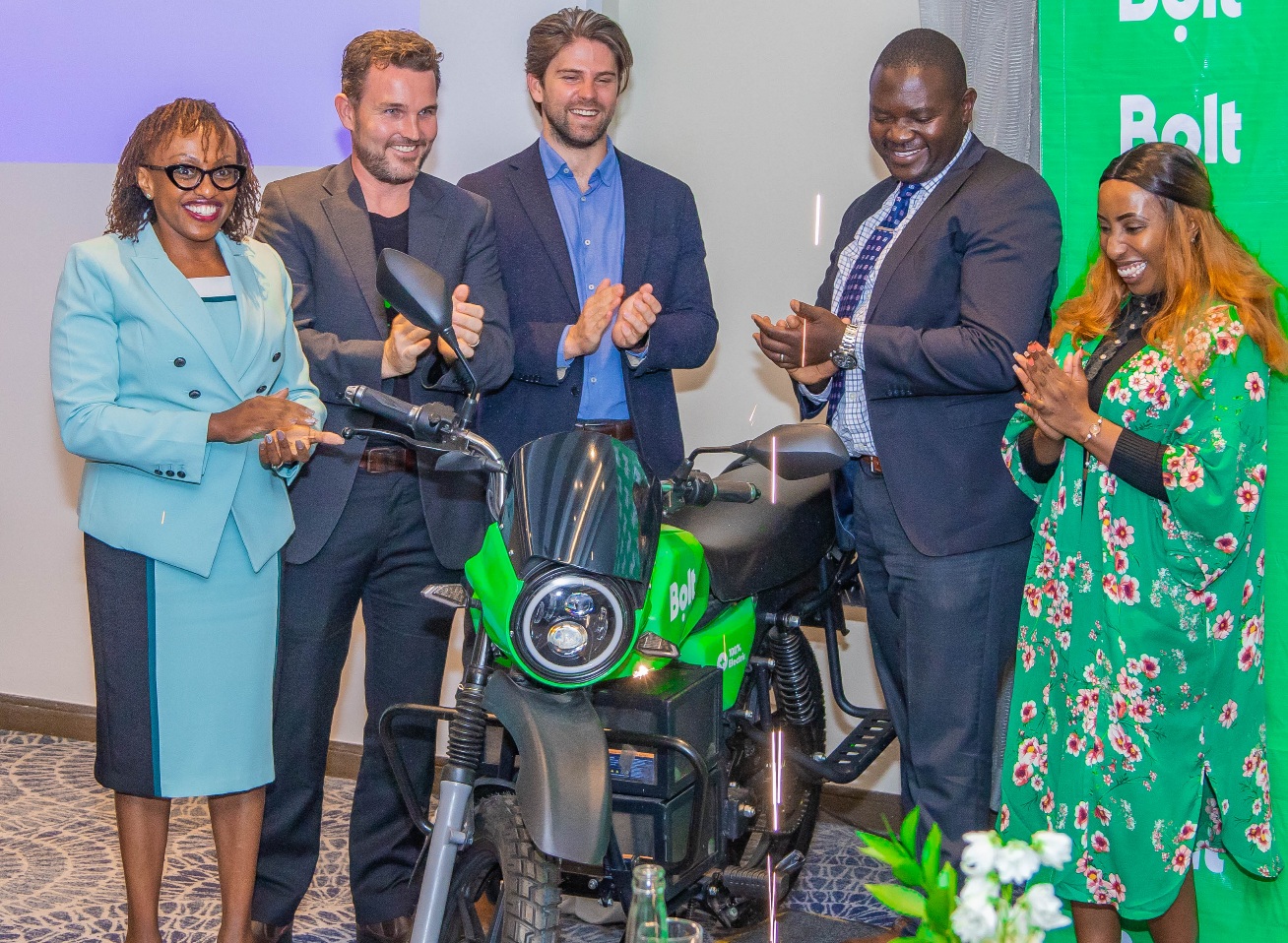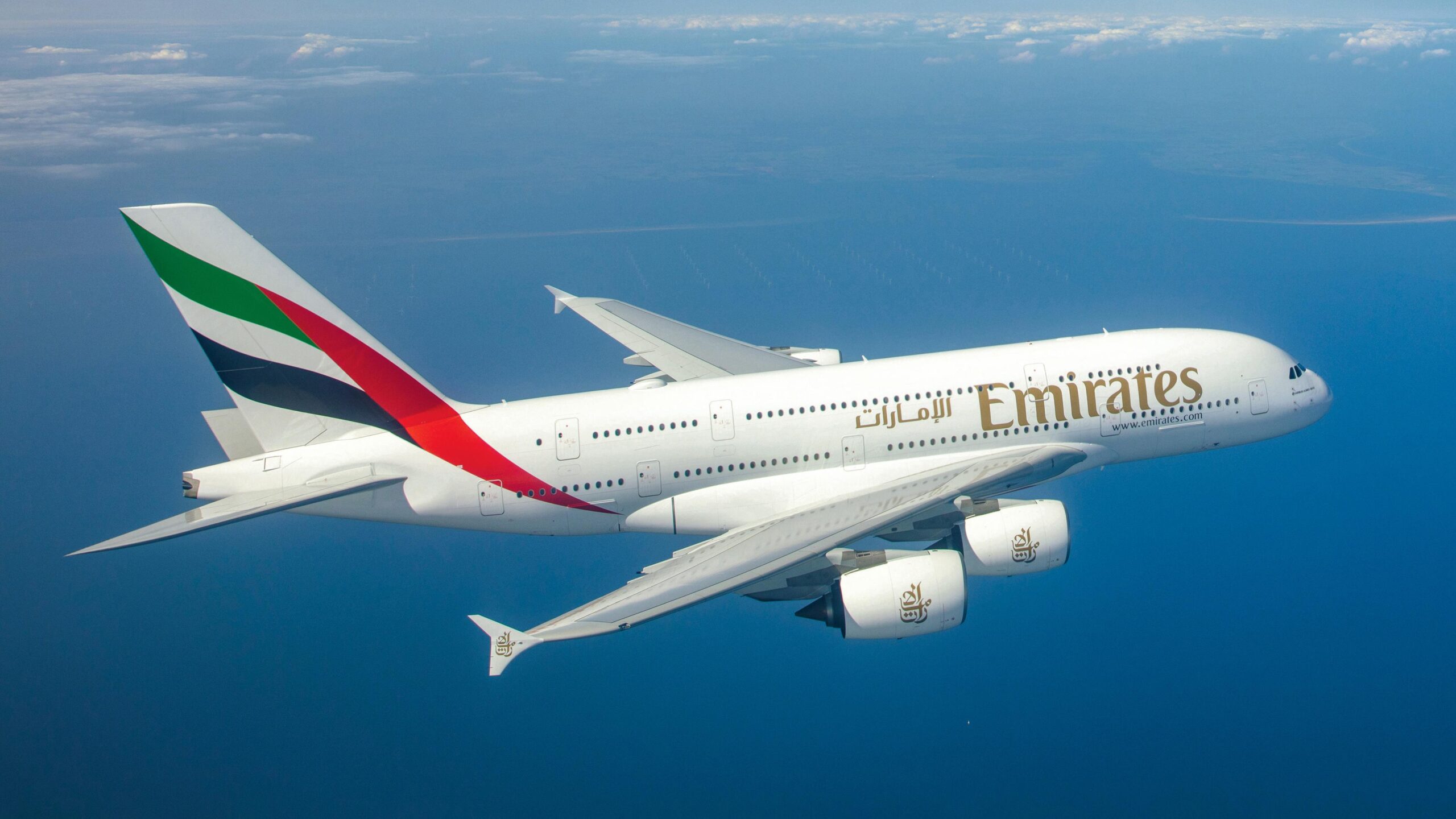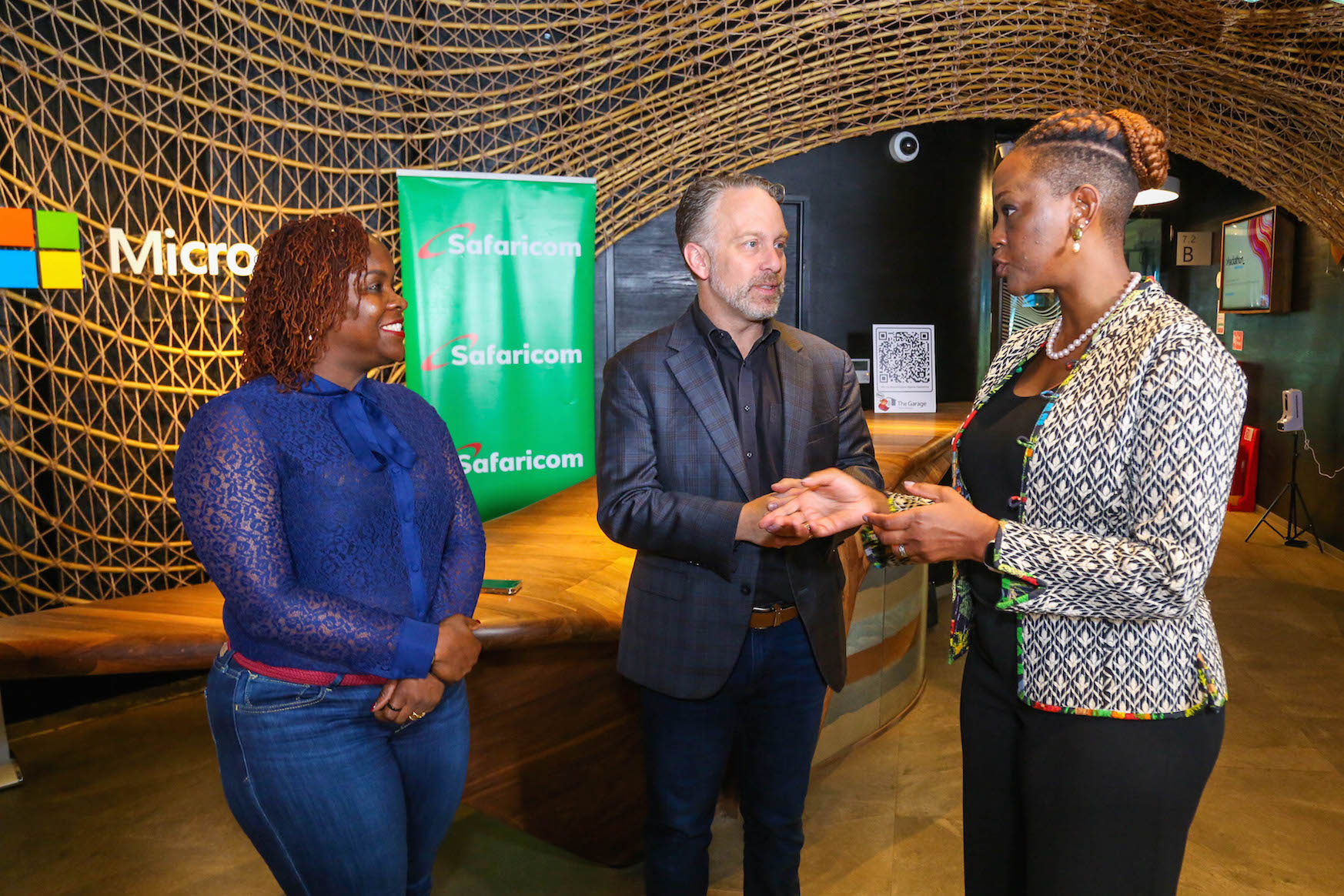Bolt, the leading on-demand mobility company in Africa, in collaboration with M-KOPA, a leading African fintech platform has announced the launch of its electric bike fleet in Kenya.
Through this partnership, new and existing drivers will have the opportunity to lease ROAM and Ampersand electric motorbikes at a discounted price in comparison to the current market rates. This strategic move marks a significant step in Bolt’s commitment to enhance driver earnings through the reduction of operational costs in the market, as well as move towards eco-friendly urban mobility, aligning with global efforts to combat climate change.
The 5,000 electric motorcycle rollout aligns with the recent launch of Kenya’s National E-mobility Policy, aimed at promoting local production and assembly of EVs. With zero tailpipe emissions and lower maintenance requirements compared to traditional vehicles, these electric bikes offer a cost-effective alternative for drivers, enabling them to maximise their earnings while minimising expenses.
M-KOPA is Kenya’s largest financier of electric motorbikes having already financed approximately two-thirds of the electric bikes on Kenya’s roads. Through this collaboration, Bolt will leverage M-KOPA’s fintech platform to make electric motorbike ownership affordable, by substantially reducing the expenses associated with electric motorbikes for drivers.
This approach is expected to lead to approximately 40% savings in total ownership costs compared to petrol motorbikes. By subsidising the cost of the vehicle, Bolt enables drivers to choose an electric motorbike at a price equal to or below that of a comparable petrol alternative. With reduced energy and maintenance expenditures, drivers can potentially decrease their vehicle operating costs by up to 75%.
Riders on the Bolt platform will be able to access an electric bike for as low as KES 10,000- 15,000, through vehicle financing, enabled by the partnership between M-KOPA, ROAM and Ampersand.
Caroline Wanjihia, Regional Director, RideHailing Operations, Africa & International Markets, said:
“We are excited to introduce our electric bike fleet, in partnership with M-KOPA, as part of our ongoing efforts to support and empower our drivers. This marks a significant milestone in Bolt’s mission to provide sustainable and financially viable transportation solutions in Kenya. By leveraging electric vehicles, we are not only reducing our environmental footprint, but also aim to enhance driver earnings and improve overall economic stability within the communities that we serve. Considering all financial incentives and reduced operating costs, drivers participating in this pilot launch could see significantly increased daily earnings compared to petrol motorcycles. This initiative underscores our commitment to driving positive change and fostering economic empowerment within our driver community.”
David Damberger, Managing Director – M-KOPA Mobility, added:
“As the leading financier of electric motorbikes in Kenya, we’re committed to redefining mobility in Kenya through affordable financing solutions for electric motorbikes, particularly for the underbanked. Partnering with Bolt represents a significant leap towards this goal, enabling us to broaden our reach and support more customers in transitioning to sustainable transport solutions. Already, we have made substantial inroads since launching our Mobility division in 2022, in collaboration with ROAM and Ampersand. With over 2 million motorbikes navigating Kenya’s roads, now is the time for us to extend our reach, as we set to positively impact the environment significantly by reducing carbon emissions and saving on fuel costs—an essential keystone of Kenya’s sustainable development.”
By combining the power of digital micropayments with IoT technology, M-KOPA offers customers access to a broad range of productive assets, including electric motorcycles, without collateral or a guarantor. For drivers to access the EV bikes, they will need to join the fleet supported by M-KOPA. The drivers will need to operate exclusively on the Bolt platform and then own the bikes after the lease period.
Mikael Gånge, CCO, ROAM said:
“Our at-home and portable charging options, extensive Roam Hub service network, and dual battery system empower delivery riders to increase efficiency without worrying about battery depletion. Through this strategic partnership with Bolt, we’re not only promoting sustainability but also cutting operational costs remarkably for Boda riders, making a meaningful impact where it matters most, and creating a better future for all.”
Josh Whale, Founder & CEO Ampersand E-Mobility Kenya added:
“We thank Bolt and M-KOPA for their enthusiasm and confidence in our market-leading electric vehicles and energy network. The collaboration between Bolt, M-KOPA and Ampersand is a significant step forward for the ride-hailing and delivery industry in Kenya. Our partnership with Bolt will lead the industry forward by adopting the most commercially scalable structure for E-Mobility and energy providers that we’ve encountered. This saves more money for more motorcycle riders and more end users, and at the same time drives emobility forward at the pace that Kenya’s economy, environment and the continued habitability of our planet all demand: A more scalable, win-win all round.”
Since 2019, Bolt has been mitigating its environmental impact by investing in projects primarily focused on renewable energy and resource conservation. In 2021, Bolt introduced a new ride category on its platform dubbed Bolt Green which offers eco-friendly rides as the company moves towards reducing its ecological footprint in Nairobi.
The category has hybrid and electric cars to reduce emissions during trips taken on the Bolt platform, thus, offering greener transport options. This category expanded Bolt’s ride options, creating more economic opportunities for drivers and providing passengers with more options to choose from.
As part of its launch strategy, Bolt will initially deploy the electric bikes in Nairobi, with plans for expansion in the near future. Through strategic partnerships and collaborations with local stakeholders, the company seeks to create a sustainable and inclusive transportation ecosystem that benefits users and the environment.





